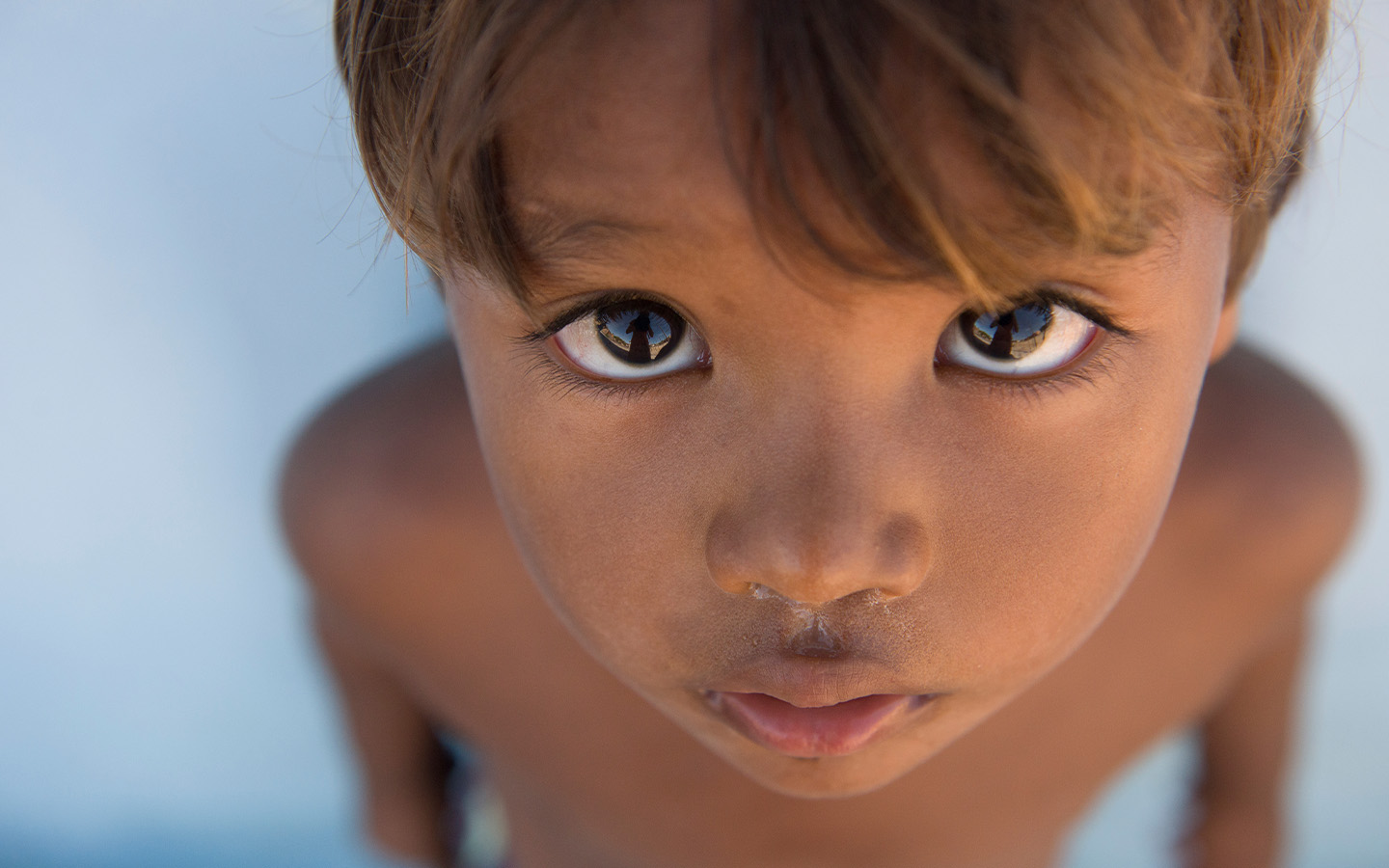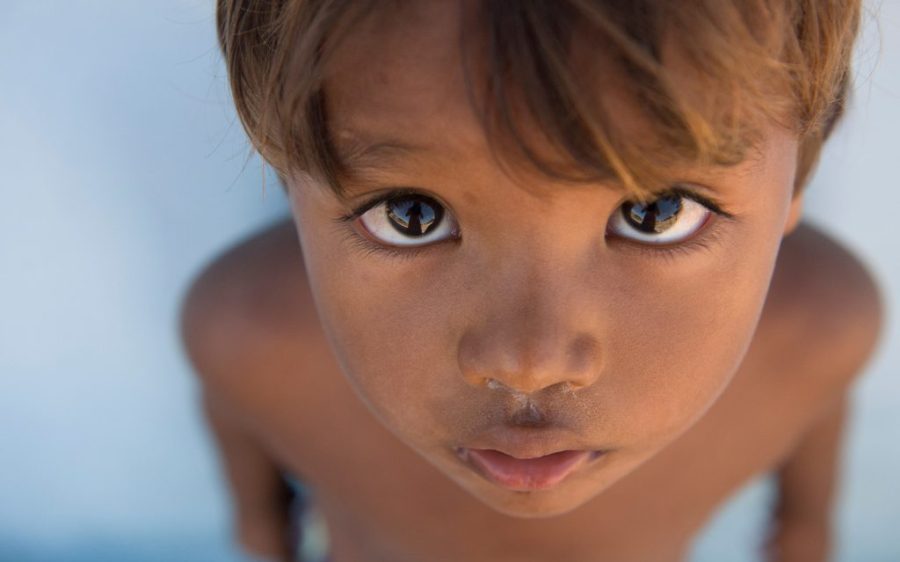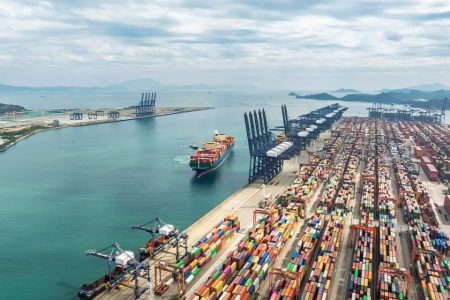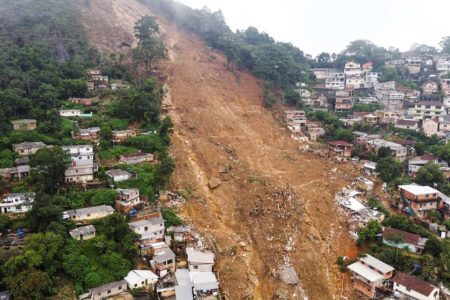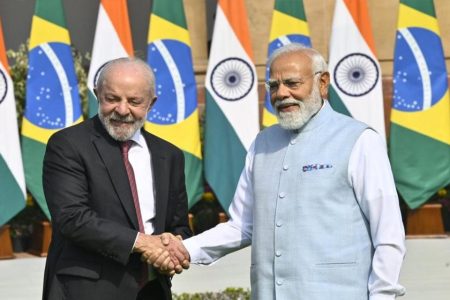A new study on the melting pot of Brazilian genetics reveals more than 8.7 million new genetic variants, a critical step toward developing precision medicine for its diverse population. The study was published in the journal Science and cited by the Spanish newspaper El País.
Centuries of colonisation, enslavement, migration and social dynamics have made the South American giant one of the most genetically diverse countries in the world. Scientists have now drawn on the newly generated complete genome sequences from more than 2,700 Brazilians – 2,111 healthy participants in five different health studies across the country, 218 Afro-Brazilians participating in a chronic kidney disease study in the south, and 294 people from communities with Indigenous ancestry in the north.
Within their DNA, researchers discovered more than 8.7 million previously undocumented genetic variants, over 30,000 of which could affect the health of the population.
“The fact that we are sequencing the genomes of a population with many African and quite a few Indigenous ancestors is what allows us to describe millions of genetic variants that had not yet been described worldwide,” geneticist Lygia V Pereira of the University of São Paulo told El País, noting that the field of genetics has largely been dominated by white European populations.
Around 10 million Indigenous people lived in Brazil when the Portuguese arrived, soon joined by 5 million enslaved Africans, then waves of European immigration in the 19th and 20th centuries – the peak period for genetic mixing – followed by more recent waves of immigration from Lebanon, Syria and Japan. Of the over 2,700 Brazilians included in the study, nearly all had a mix of Indigenous, European and African traits, the sole exceptions being 10 residents of São Paulo with nearly 100-percent East Asian ancestry, likely due to relatively recent Japanese immigration.
[See more: Personalised gene editing heals baby in world first]
This mixing, often touted in characterisations of Brazil as a “racial democracy,” points to a complex and difficult past when the genetics are broken down. The team found, for example, that the vast majority of Y-chromosome lines (71 percent) are European while the majority of mitochondrial lines are African (42 percent) or Indigenous (35 percent).
“This pattern is likely the result of a historical asymmetrical union between European men and Indigenous and African women,” the study says, obliquely referring to the rape of many women by European colonisers and the high mortality rate among enslaved men and Indigenous peoples.
Celia Mariana Barbosa de Souza, a nephrologist and geneticist at the Porto Alegre Clinical Hospital who led the collection of Afro-Brazilian samples, told Science that the study shines an important light on this uncomfortable history and undermines prevailing narratives about the country. Co-author Putira Sacuena agreed. “As an Indigenous researcher, I say that Brazil’s DNA is more Indigenous than the Brazilian population itself knows [because of] the stories told by the colonisers.”
The 36,537 “rare and potentially harmful” variants identified in the study are more common among those of African and Indigenous descent, offering valuable insights for treating these large but understudied populations. Identifying these traits will help shape effective prevention strategies and increase health equity for marginalised communities – and it’s just the beginning.
The study is the first for the multimillion-dollar Genomas Brasil programme, launched by the country’s health ministry five years ago with the goal of sequencing the complete genomes of 100,000 Brazilians by 2030. Iscia Lopes-Cendes, a physician and geneticist at the University of Campinas who was not involved in the study, told Science that she expects even more variants will be found and made available to researchers in the coming years. “You want to get to be able to use this information to provide healthcare to everybody and not leave anyone behind.”
